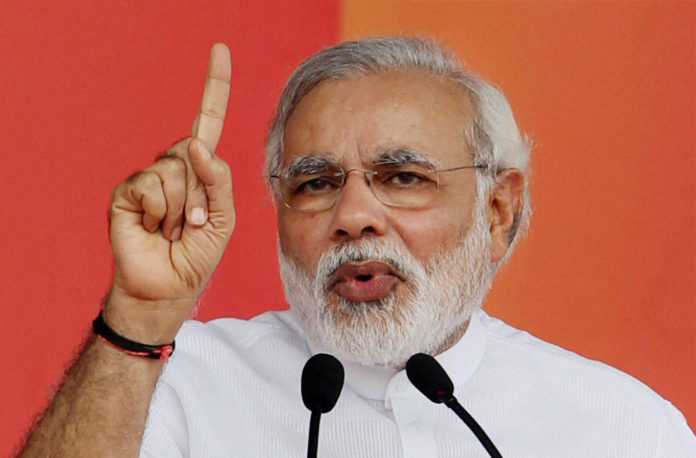
The editorial says that India cannot afford to neglect human development if it is to realise the Viksit Bharat vision
New Delhi: In a scathing indictment of the policies pursued by the government of India on healthcare and data availability and the delayed census, The Lancet has written in an editorial that given the primacy of people and not services or manufacturing in the government’s Viksit Bharat @2047 vision, India cannot afford to neglect healthcare and human development.
“Health care under Modi has fared poorly, as described in this week’s World Report. Overall, government spending on health has fallen and now hovers around an abysmal 1·2% of gross domestic product, out-of-pocket expenditure on health care remains extremely high, and flagship initiatives on primary health care and universal health coverage have so far failed to deliver services to people most in need. Persistent inequity in both access to and quality of health care are well recognised. But a major obstacle that India also faces, which many Indians might be unaware of, relates to health data and a lack of data transparency,” the editorial says.
The World Report referred to is critical of the NDA government’s flagship health programme – Ayushman Bharat – whose tertiary care arm the Pradhan Mantei Jan Arogya Yojana has been touted as a panacea for reducing out of pocket expenditure. It also flags concerns about the generic medicine programme of the government – the Pradhan Mantri Jan Ausadhi Yojana – and multiple issues in the health sector such as vacancies in medical colleges and the long road still to universal health coverage.
On the PMJAY the report was critical on several counts including eligibility criteria and implementation flaws. “Accurate and up-to-date data are essential for health policy, planning, and management, but the collection and publication of such data in India have undergone serious setbacks and impediments. The 2021 census was delayed due to the COVID-19 pandemic, and for the first time in 150 years, a whole decade has gone by with no official comprehensive data on India or its people. A promise that the next census will be an electronic survey carried out in 2024 is yet to be fulfilled. The census is also the basis for all national and state-level health surveys. For example, the periodic measurement of morbidity and out-of-pocket expenditure by the National Sample Survey Organization is overdue, and there are no plans to conduct it. No reasons have been given for why the Sample Registration System survey report for 2021, which is India’s most reliable source of data on births and deaths, is delayed, or for why completed poverty surveys are not in the public domain,” the editorial says.













